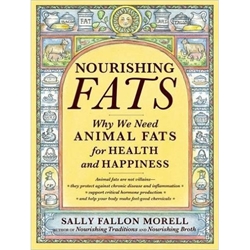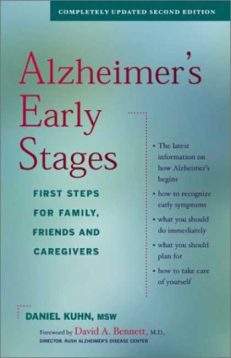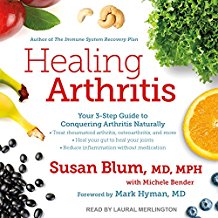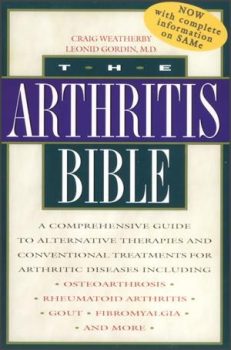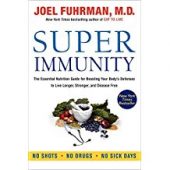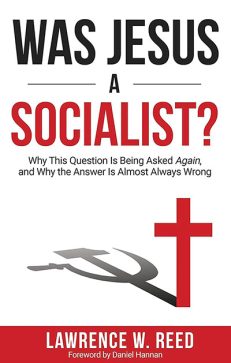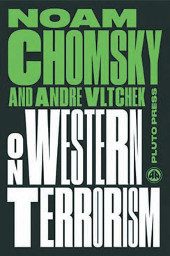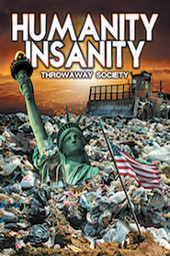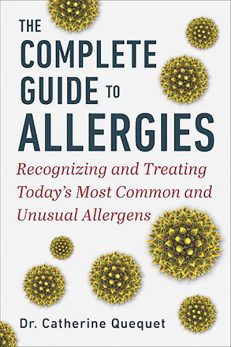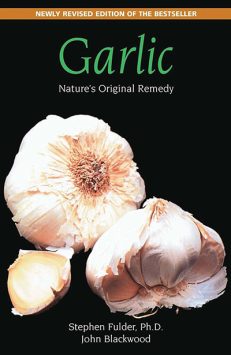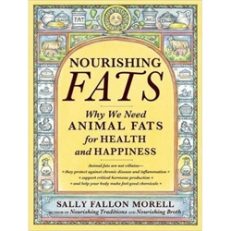Description
Nourishing Fats: Why We Need Animal Fats For Health And Happines
Bestselling author Sally Fallon Morell predicted the rise of bone broth, an old-fashioned remedy turned modern health craze, in her recent hit NOURISHING BROTH. Now, Sally explains the origins of, and science behind, the next movement in the wellness world–healthy fats.
In the style of her beloved cult classics NOURISHING TRADITIONS and NOURISHING BROTH, NOURISHING FATS supports and expands upon the growing scientific consensus that a diet rich in good fats is the key to optimum health, and the basis of a sustainable, long-term diet. Sally has been giving the clarion call for these facts for many years and now the American public is finally is catching up.
In NOURISHING FATS Sally shows readers why animal fats are vital for fighting infertility, depression, and chronic disease, and offers easy solutions for adding these essential fats back into readers’ diets. Get excited about adding egg yolks and butter back into your breakfast, because fat is here to stay!
272 pages, softcover
I’m happy to report that my new book, Nourishing Fats, came out in January 2017. The book began as a few notes and a hasty table of contents jotted down over a dozen years ago, after many conversations with my mentor, Mary G. Enig, PhD. We agreed on the need for a popular book addressing the subject of saturated fats, one that would do more than acknowledge the notion that they “might not be so bad,” but explain why they are essential to life. Needless to say, the inspiration for this book, and the basic knowledge on fats and oils, came from her. Nourishing Fats is dedicated to the memory of this courageous biochemist, who sacrificed research grants and a prestigious career in order to warn the public about the dangers of trans fats.
Nourishing Fats has provided a platform to bring together all that we have learned over the past fifteen years, and its key message is that far from posing a threat to human health, animal fats are essential to physical health and mental well being. Here’s a summary of the chapters in my upcoming book:
Chapter 1: The Greatest Villains: An outline of the campaign to demonize butter and lard while promoting industrial fats and oils as free of cholesterol and saturated fat. This pernicious marketing effort, ongoing since 1913, has relied on flimsy evidence to turn Americans away from nutrient-dense animal fats, in the teeth of mounting evidence that the science supporting these claims is shaky to nonexistent.
Chapter 2: A Short Lesson in the Biochemistry of Fat: Saturated, monounsaturated, polyunsaturated? Omega-3, omega-6, omega-9. Fatty acid, triglycerides, cholesterol? What do all these terms mean? The chemistry of fats is actually not that difficult, and this chapter gives you all the information you need.
Chapter 3: Not Guilty as Charged: Animal fats get the blame for everything from cancer to ingrown toe nails—and none of these accusations is true! The science shows that saturated animal fats actually protect us from chronic disease, including heart disease, cancer, high blood pressure, kidney disease, Alzheimer’s and even weight gain.
Chapter 4: The Many Roles of Saturated Fat: We need saturated fat for the brain, the heart, the kidneys and the lungs, for hormone production and for protection against inflammation—in fact for every cell to work properly. Our bodies can’t function without saturated fat!
Chapter 5: AA and DHA: We get these important fatty acids, which support everything from brain function to gut integrity to healthy skin, exclusively from animal fats.
Chapter 6: Remember the Activators! Critical vitamins A, D and K2 occur uniquely in animal fats—and westerners are woefully deficient in these nutrients. A, D and K2 support everything from proper vision to growth to fertility. Vitamin K2 is essential for wide, attractive facial development and naturally straight teeth in children—we owe a great debt to Chris Masterjohn for figuring out that Dr. Price’s X Factor is actually vitamin K2, and for finding all the research on this important vitamin.
Chapter 7: The Rancid and the Trans: With the revelation that trans fats are bad—bad at any level in the diet—food manufacturers and consumers are using more liquid vegetable oils—but these carry the problem of rancidity. Rancid liquid oils cause uncontrolled reactions on the cellular level; trans fats inhibit reactions. The result of the Standard American Diet containing industrially processed fats and oils is biochemical chaos.
Chapter 8: Remember the Little Ones: Children need animal fats for normal growth and the development of their brains. But at the two-year checkup, doctors warn moms not to give saturated fats to their toddlers, and whole milk is forbidden in school lunches—despite consistent science showing that children on low-fat diets are more likely to suffer from allergies, asthma, learning disorders and obesity. We are literally starving our children in the name of phony science.
Chapter 9: Animal Fats for the Mind: The key components of animal fats—stearic acid, arachidonic acid, cholesterol, and vitamins A, D and K2–are critical for neurological function and for supporting our emotional biochemistry as well. The receptors for serotonin, the body’s feel-good chemical, can’t work without cholesterol, and vitamin A helps us focus on completing tasks. It’s hard to be happy without plenty of animal fats in the diets.
Chapter 10: Why Butter is Better: The queen of fats, butter is loaded with nutrients the body needs to be healthy and happy. Starve yourself of butter during the day and you’ll crave ice cream when nighttime rolls around. Modern processing technologies cannot come close to providing in spreads and margarines the range of vitamins and lipid components present in butter, Nature’s fat for optimal growth and development.
The book is beautifully illustrated by Mary Wooden, and begins with a Foreword by Nina Teicholz. My main hope is that this book will convince American parents to feed their kids butter!
Since its founding in 1999, the Weston A. Price Foundation (WAPF) has served as a lone voice in warning the public about the dangers of the low-fat agenda. WAPF receives no moneys from the food industry or government, and depends on membership fees to carry out its important work. Consider becoming a member to support our efforts to return nutrient-dense foods, including important fats like butter and lard, to American tables.


